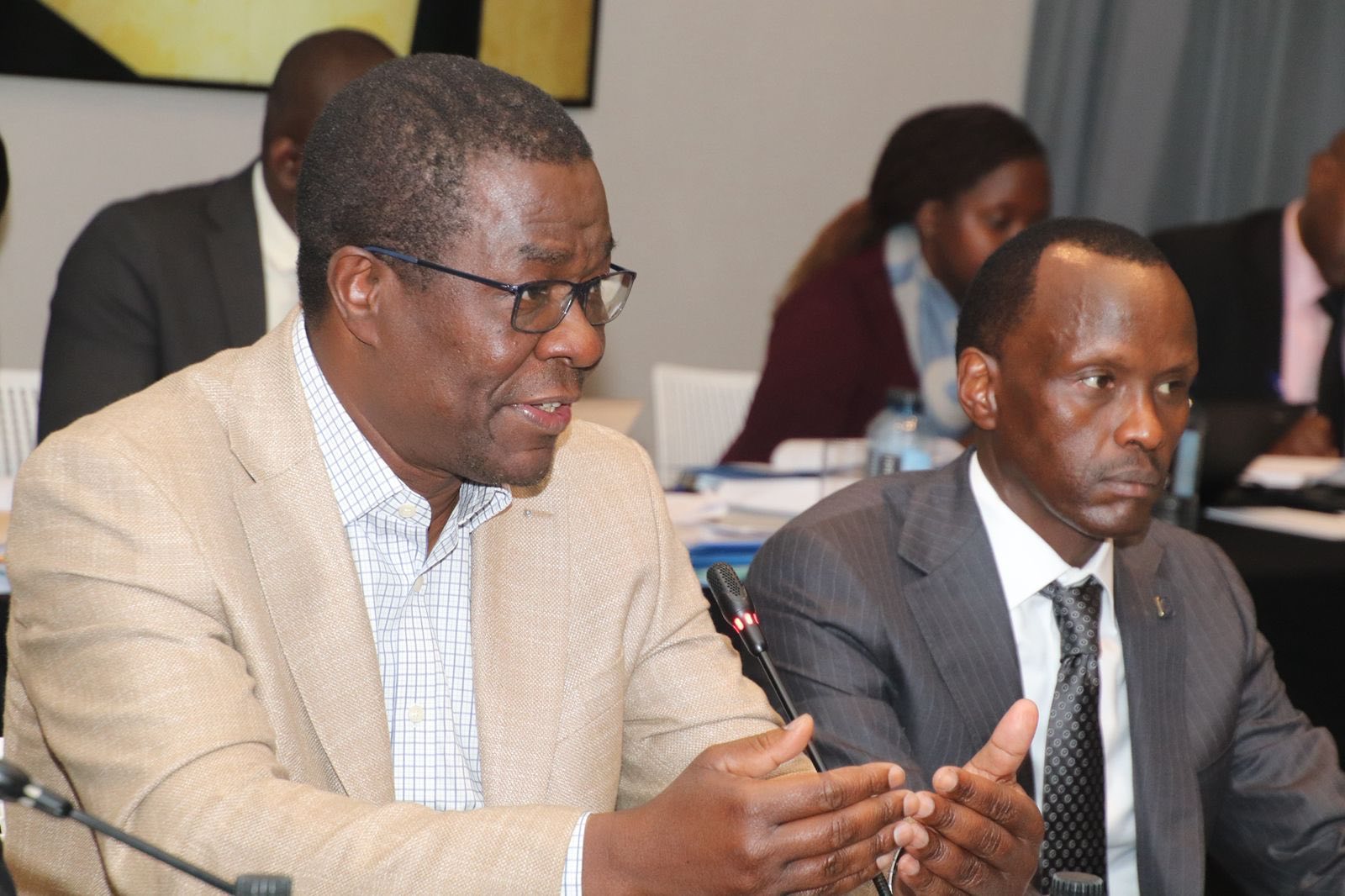MPs demand full transparency before approving KPC privatisation

Members of the joint committees on Energy, and Privatization and Public Debt said they would not approve the process without clarity on the company’s valuation
Plans to privatize Kenya Pipeline Corporation (KPC) have hit turbulence as parliamentary committees demand full disclosure before granting the green light.
Members of the joint committees on Energy, and Privatization and Public Debt said they would not approve the process without clarity on the company’s valuation, the takeover of Kenya Petroleum Refinery Limited (KPRL), and the price per share to be offered to the public.
Kwenya Thuku, a member of the Energy Committee, criticized the lack of transparency, pointing out that even the evaluation report on KPC’s assets had not been shared. He also questioned the takeover of KPRL by KPC, saying the details remained unclear.
“You cannot ask us to approve first, then go ahead and float the shares without full disclosure,” he said.
Lawmakers also sought assurances that ordinary Kenyans, rather than a few wealthy investors or foreign entities, would hold the majority of shares. One legislator stressed KPC’s strategic importance, noting that Uganda is a major consumer and raising concerns about foreign ownership.
They further called for a clear outline of potential risks and the impact on the petroleum sector.
Energy Cabinet Secretary Opiyo Wandayi said the transition posed no significant fiscal risks as long as the government remained a key shareholder.
He cited KPC’s financial statements for 2024, showing a valuation of Sh120.7 billion, revenues of Sh39.8 billion, and gross profits of Sh16.5 billion. Wandayi also noted that KPRL’s value had not yet been added to KPC’s total, saying the final valuation would be available once the transaction was complete.
Capital Markets Authority (CMA) CEO Wycliffe Shamiah told the committee that all relevant information must be collected before listing, a point MPs rejected, insisting disclosure must precede approval.
Thuku and Joseph Makilap, another committee member, argued that without full disclosure and proper valuation, including KPRL, the plan was incomplete. “How can you sell the corporation when KPRL is not yet part of it? What exactly are you selling?” Makilap asked.
With transparency concerns unresolved, KPC’s privatization now faces delays as lawmakers demand a complete picture before any approval is granted.
